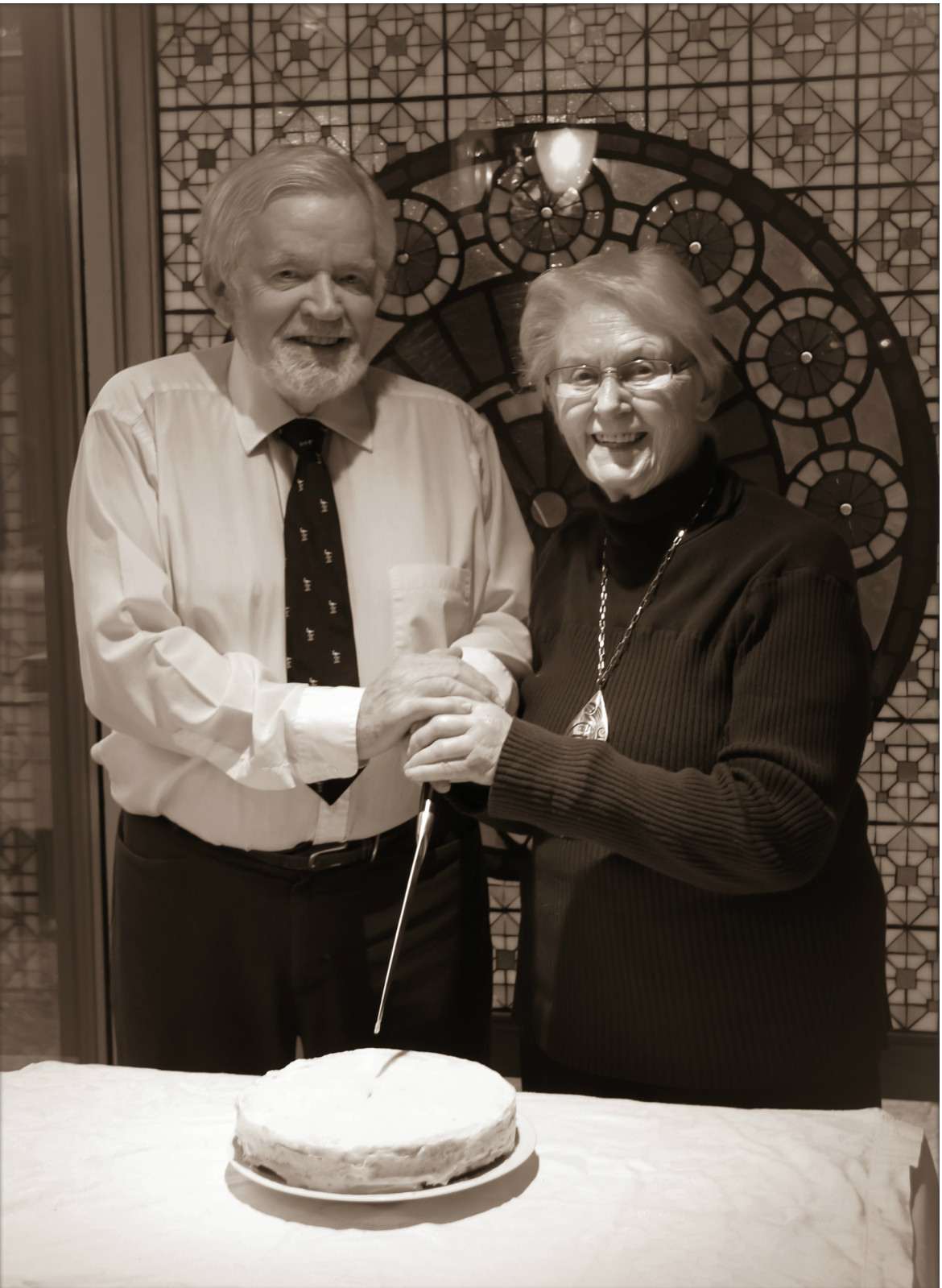The world strains under the weight of an aging population. We are living longer, and our life expectancies continue to grow. By 2045, the ratio of working-age citizens to their elderly dependents will become increasingly burdensome in almost every part of the world. In Canada and the US, the ratio is expected to be sixteen workers for every ten elderly dependents. It is a social and economic disaster in the making.
Yet most people say they would like to live to 90 or 100, or even beyond.
There are many ethical issues here: life extension radically alters people's ideas of what it is to be human—and not for the better. As we, the elderly, undergo manifold operations and become gaga while taking up a hospital bed, our grandchildren's schooling, their educational, athletic, and cultural opportunities, will be squeezed dry.
The heart of the problem is arithmetic: The post-World War ll Social Welfare State, created at a moment when the baby boom was still gestating, is built on a generational Ponzi scheme. As life expectancy increases and birth rates decline, the population pyramid is being inverted—and in some countries that is causing the entire economy to topple.
***
Everybody by the age of 50 who is mentally competent should make a Living Will that states how she wants to die, the circumstances under which she does not want to be resuscitated, etc. Add a statement such as: "If I am ill and frail and have an infection such as pneumonia, do not attempt to restore me to life with antibiotics. Pray let me pass. I do not give any relatives or doctors or psychiatrists the right to squelch this decision." One's general practitioner would have a copy.
Legally, everyone should have an obligation to make a Will, which would be stored electronically, could not be destroyed, and would be available automatically to any hospital in the world.
What about a person who refuses to make a Will? There should be a fallback Will that applies to everyone who has not done his civic duty. I do not have all the answers, but I do think I'm raising questions that need to be raised.
Three outsize institutions: the medical profession, the Law, and the Church will challenge and fight any transformative change. Yet we all hear of changes in each of these professions that suggest a broader approach, guided and informed by empathy. My hope is that all of these institutions will continue to transform themselves, and that the medical profession will mandate, through sensitive and appropriate protocols, the administration of a lethal dose to end the suffering of a terminally ill patient, in accordance with her Living Will.
***

